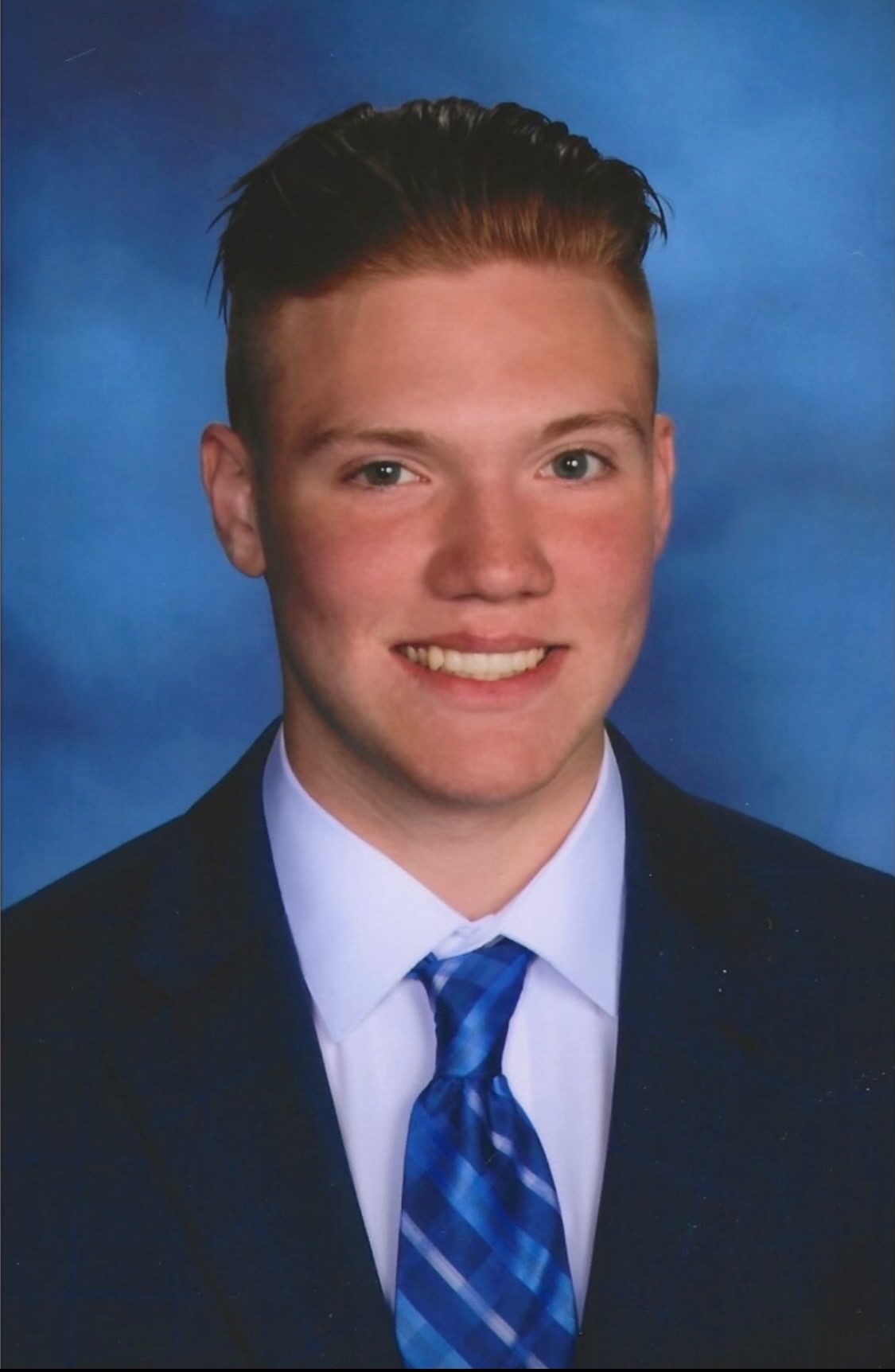
When you think of magic mushrooms, what immediately comes to mind? For most, mushrooms and other psychedelics invoke images of colorful hallucinations and recreational trips with friends. Indeed, mushrooms and their hallucinogenic chemical, psilocybin, continue to be a taboo subject for most people. But for Matt Castagnozzi, a native of Millbrook, N.Y. and a junior pursuing a Bachelor of Science in Economics from the Maxwell School of Citizenship and Public Affairs and a minor in Information Technology, Design, and Startups (IDS) from the School of Information Studies, psilocybin, in conjunction with the use of advanced technologies, represents a promising form of treatment for anxiety and depression and a chance to revolutionize the pharmaceutical industry.
Castagnozzi’s discovery of psilocybin was accidental and unexpected. Diagnosed with depression and social anxiety as a teenager, he was prescribed a laundry list of standard treatment options by his doctor, specifically different selective serotonin reuptake inhibitors (SSRIs), the most common antidote to anxiety and depression in western medicine. Frustrated with the medication’s ineffectiveness and his overall lack of treatment progress, he began to research alternative forms of treatment. After perusing the depths of Google and consulting others with similar situations, Castagnozzi recognized a commonality: psychedelics, specifically in the form of psilocybin, were surprisingly successful in treating symptoms and were beginning to build momentum as a viable option for medical care.
“I did more of my own research into the effects of mushrooms,” said Castagnozzi. “I found that there are actually a lot of treatments being developed using psilocybin mushrooms to treat depression and anxiety. I thought that if this could potentially help me, then I’d love to help as many people as I can.”
With this newfound knowledge and passion for psychedelic treatments, Castagnozzi began brainstorming ways he could aid in making these forms of medicine a viable and common option. Through the Student Sandbox, a part of his IDS minor, he decided to take a leap of faith and launch Psych-Tek, a startup leveraging the power of data and technology to gauge interest levels in alternative forms of treatment and educate people on how these medication forms can work for their specific issues.
“Psych-Tek is essentially a data brokerage,” explained Castagnozzi. “We put out mental health evaluation forms to see what types of problems you are facing, what your medication is, and if you are open to alternative treatments.”
From there, Psych-Tek plans to take the data they receive and sell it to medical professionals so they can better inform their research on psychedelic treatments. Castagnozzi also envisions Psych-Tek collecting survey respondents’ contact information to connect them with companies conducting relevant clinical trials with psychedelics.
Though psychedelic legalization is in its early stages (Denver, Colo. became the first city to legalize psilocybin in May of 2019), Castagnozzi is confident in its progress and long-term viability, which will greatly aid Psych-Tek’s reach and impact.
“I would say there is going to be a lot of mainstream traction in the next 10 years,” said Castagnozzi. “One of the biggest reasons is because (major sports leagues) are looking into treatments for players with brain injuries. There are also a lot of companies that are very far along into their development stages.”
Though there has been an abundance of obstacles with the formation of Psych-Tek, such as reaching out to established researchers and finding potential survey respondents, working on a self-proclaimed passion project has fueled him to continue to grow the project.
“For me, the whole practice of building a business is really exciting,” said Castagnozzi. “I really like trying to figure out how to make an idea viable. I truly do believe these treatments can help people in ways that traditional medications can’t.”
Looking long term, Castagnozzi would love to build Psych-Tek into a regular data provider to medical professionals and researchers. For now, however, he is looking to gain exposure and brand recognition in the psychedelic treatment space and improve the functionality of Psych-Tek’s survey capability. Castagnozzi recognizes that growth and expansion won’t be an easy task but doesn’t plan on stopping any time soon.
“If there’s a will, there’s a way,” said Castagnozzi. “Just because things get hard doesn’t mean you should give up.
Story by Blackstone LaunchPad Global Fellow Matt Keenan ’22; photo supplied